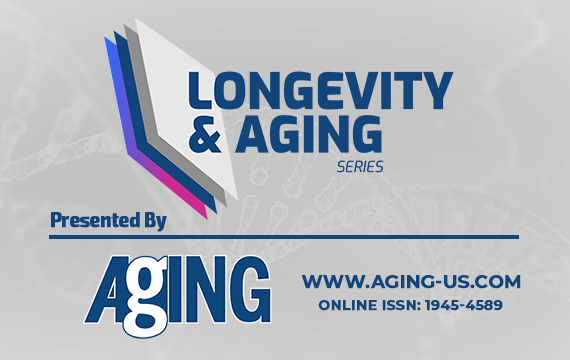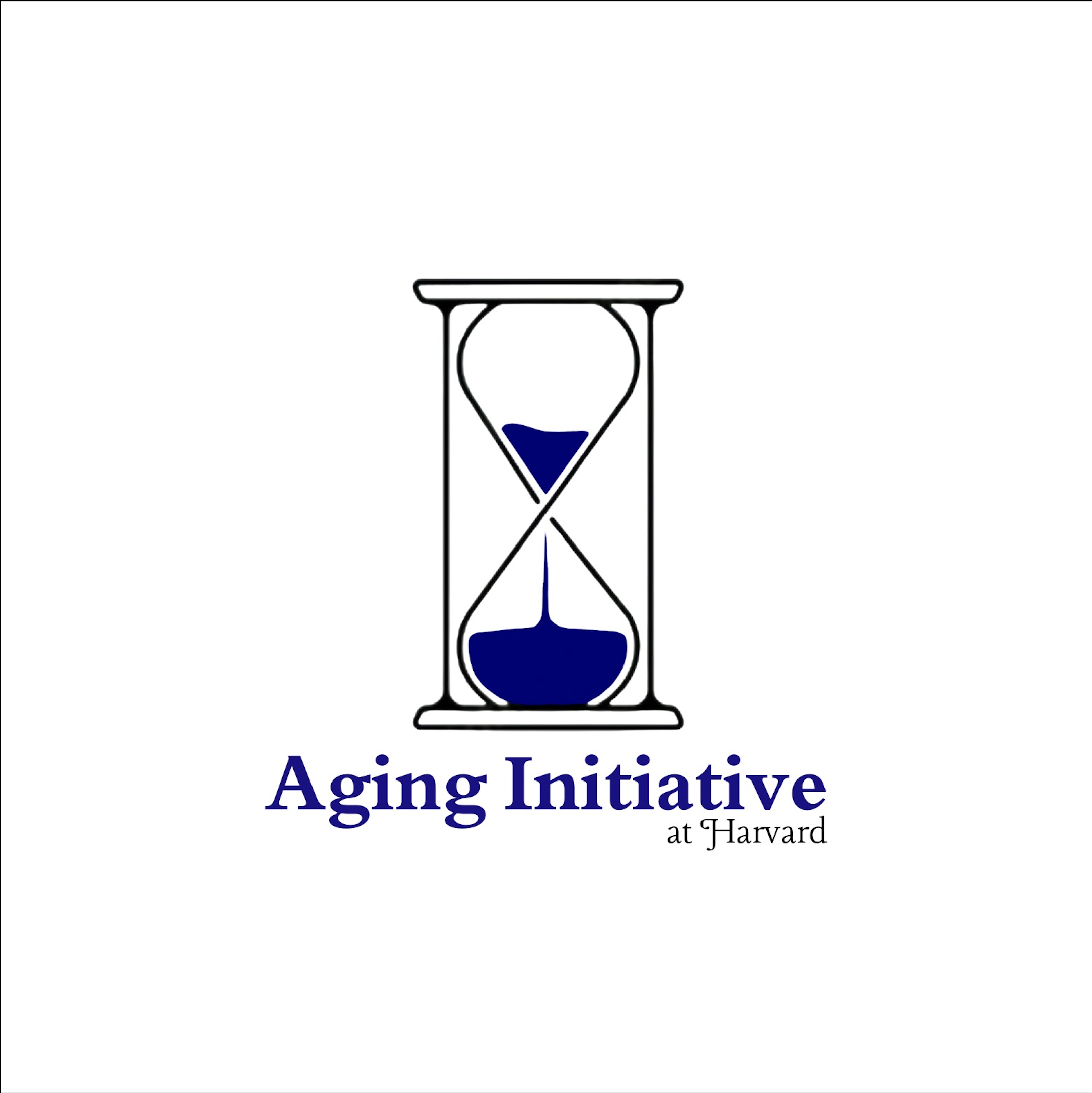Research Paper Volume 12, Issue 18 pp 18476—18500
YTHDF2 correlates with tumor immune infiltrates in lower-grade glioma
- 1 Department of Cancer Chemotherapy, Sun Yat-Sen Memorial Hospital of Sun Yat-Sen University, Guangzhou 510000, China
- 2 Department of Cancer Chemotherapy, Zengcheng District People’s Hospital of Guangzhou, Guangzhou 511300, China
Received: February 13, 2020 Accepted: July 20, 2020 Published: September 27, 2020
https://doi.org/10.18632/aging.103812How to Cite
Copyright: © 2020 Lin et al. This is an open access article distributed under the terms of the Creative Commons Attribution License (CC BY 3.0), which permits unrestricted use, distribution, and reproduction in any medium, provided the original author and source are credited.
Abstract
Immunotherapy is an effective treatment for many cancer types. However, YTHDF2 effects on the prognosis of different tumors and correlation with tumor immune infiltration are unclear. Here, we analyzed The Cancer Genome Atlas and Gene Expression Omnibus data obtained through various web-based platforms. The analyses showed that YTHDF2 expression and associated prognoses may depend on cancer type. High YTHDF2 expression was associated with poor overall survival in lower-grade glioma (LGG). In addition, YTHDF2 expression positively correlated with expression of several immune cell markers, including PD-1, TIM-3, and CTLA-4, as well as tumor-associated macrophage gene markers, and isocitrate dehydrogenase 1 in LGG. These findings suggest that YTHDF2 is a potential prognostic biomarker that correlates with LGG tumor-infiltrating immune cells.






